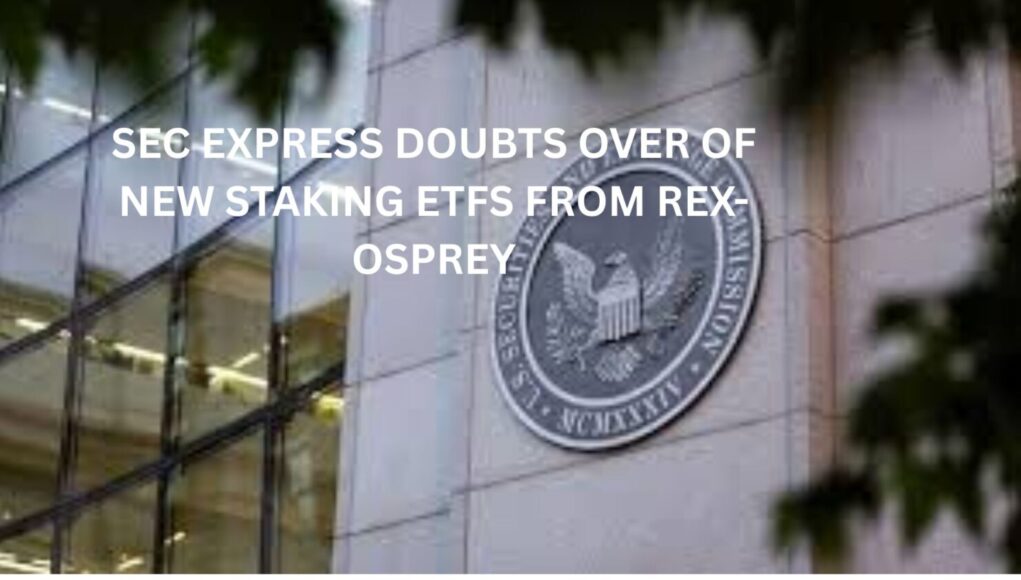Key Takeaways
- SEC is questioning whether the structures meet the criteria to be considered ETFs under the Investment Company Act.
- SEC officials said the current disclosures may mislead investors, adding that the C-corp structure and staking mechanism conflict with Rule 6c-11—the legal framework governing how ETFs must be structured.
The US Securities and Exchange Commission (SEC) has sounded a alarm bells after REX Shares and Osprey Funds filed with the regulator to offer “staking ETFs” tracking Ethereum and Solana’s native assets. The move comes a week after the funds received initial registration approval from the regulatory body.
SEC has now backtracked, questioning whether the structures meet the criteria to be considered ETFs under the Investment Company Act. The products, which take the form of rare C-corporations and plan to stake at least 50% of their assets for yield, face an uncertain path to market.
SEC officials said the current disclosures may mislead investors, adding that the C-corp structure and staking mechanism conflict with Rule 6c-11. This rule allows ETFs with the ability to use “custom baskets,” which are basically baskets of stocks not necessarily representing a pro-rata portion of the fund’s holdings.
“Commission staff continues to have unresolved questions whether the Funds, if structured and operated as proposed, would be able to meet the definition of ‘investment company’ under the Investment Company Act,” wrote Brent J. Fields, an associate director at the agency.
As per a Bloomberg report, the regulatory watchdog requested that the sponsors delay their launch until the legal uncertainties are addressed. While no enforcement action has been taken, the move signals growing regulatory caution around staking-related products and complex ETF structures. In addition, the SEC has asked the issuers to make public a prior email exchange dated May 29, urging transparency for potential investors.
According to James Seyffart, an ETF analyst at Bloomberg Intelligence, noted the proposed funds rely on “a bunch of clever legal and regulatory work-arounds.” He said the C-corp format is rarely used in ETFs and deviates significantly from industry norms.





